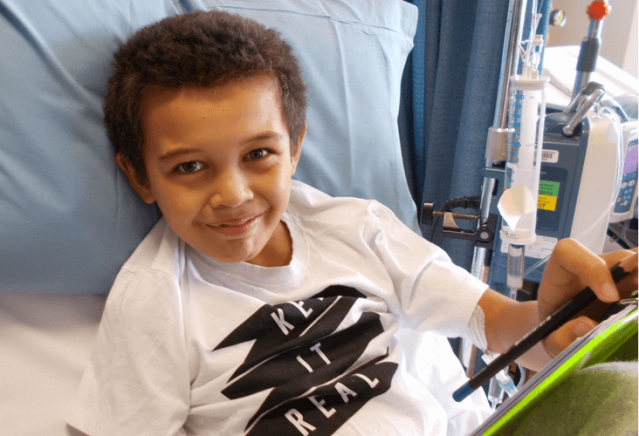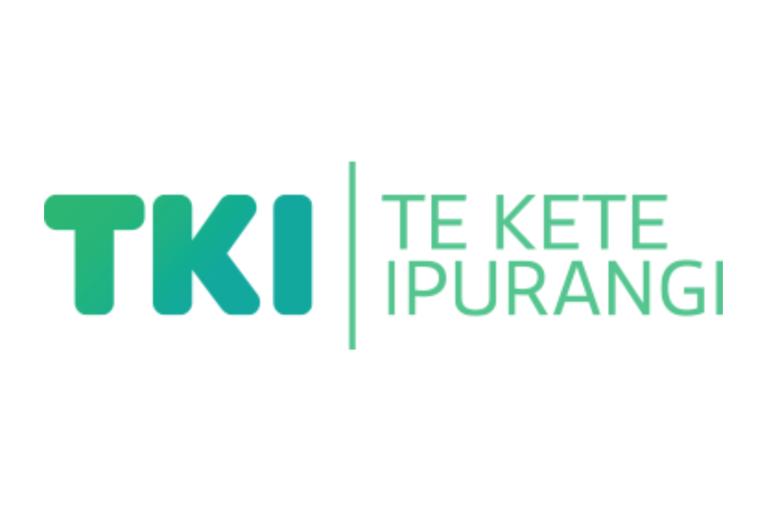Key points about education during your child's cancer treatment
- once you have a clear idea about your child's cancer treatment, it's a good idea to talk with your child's school
- your child's healthcare team will also be able to give you an idea of how treatment will affect your child
- different treatments can have different effects on children's ability to manage schoolwork
- remember, you know your child best and are in the best position to judge how much schoolwork your child can manage at various stages of their treatment

Once you have a clear idea of what your child's cancer treatment will involve, it is a good idea to chat with your child's school about what schoolwork may be appropriate.
As cancer treatments can vary greatly, you will need to weigh up how much your child can cope with during treatment.
Talk with your child's healthcare team to get an idea of what will be appropriate for your child.
Regional health schools
If your child can't go to school for a long period, then teachers from regional health schools can teach them.
Regional health schools provide teachers for children who are unwell. They can teach children who are enrolled in their local school from years 0 to 13. There are 3 health schools that cover New Zealand: Northern Health School, Central Regional Health School, and Southern Health School.
Enrolling in a regional health school
After your child receives a cancer diagnosis, the hospital will refer you to a teacher from the nearest regional health school.
The teacher will talk with you and your child, with the teachers at their regular school and with the healthcare team to develop an Individual Education Plan (IEP).
If your child hasn't started school yet, then they will receive an Individual Plan (IP).
These plans outline how and when your child will reach their goals and may include:
- who will be working with your child, what their role will be and what they will do
- how you and your family can support your child's learning at home
- teaching strategies that will support your child to learn
- resources or special equipment your child might need
- what success will look like for the team working with your child

See the Te Kete Ipurangi (TKI) website for more information on IEPs and IPs.
Attendance and absence from regular school
If your child is receiving assistance from a regional health school, either as an inpatient at one of the treatment centres or while recovering at home, they will remain on their regular school's roll.
Depending on the treatment plan, they may be able to attend the regular school part-time or full-time throughout treatment. Some children may need 1 or 2 days a week away from school during treatment, while some may attend school daily for part of the day only. Others may be absent for some months.
Keeping in touch with classmates
"What we found really good was that the classrooms would write letters and send cards. It was really nice to keep connected" - Roanne, Quinn's mum.
Your child's teachers and classmates will want to know what they can do to help. Children love hearing from their friends and classmates while they are having treatment.
Sending cards, pictures or drawings that your child can put up on the hospital room wall are a great idea.
Encourage friends and classmates to use texting or other messaging platforms such as FaceTime, WhatsApp, Snapchat or Facebook to send messages of support and to keep your child up-to-date with what is happening.
Keeping in touch lets your child know their friends are thinking about them while also helping classmates to feel that they are 'doing something.'
Talk with your child's healthcare team about whether it's OK for your child's friends to visit them in hospital.
Schoolwork while in hospital
"While he is away he would read a book every day. When he came back he'd read all the books his classmates. It meant he didn't feel like he was missing out on anything" - Christina, Noah's mum.
By doing homework and by getting extra help or tutoring in the hospital or at home, your child will feel better prepared to return to the classroom when they leave hospital. Regular communication with the school will help your child's transition back to school after they have finished their treatment.
Your child may be able to take part in online modules or email their teacher with homework to be marked. It may be possible for your child to use Zoom or other technology to 'sit in' on some of their classes. Talk with your child's healthcare team and school about whether this will be appropriate.
You can also help provide variety by bringing in books from friends or from your local library. You can also source educational videos online for your child to watch.
Acknowledgements
The pages in the childhood cancer and education section of this website have been developed in collaboration with the National Child Cancer Network (NZ), and the Ministry of Education. Content has been approved by the National Child Cancer Network (NZ).
